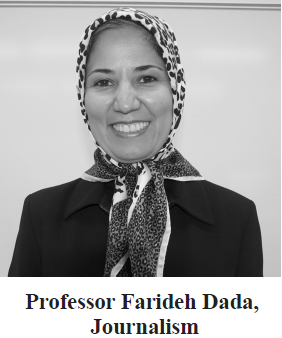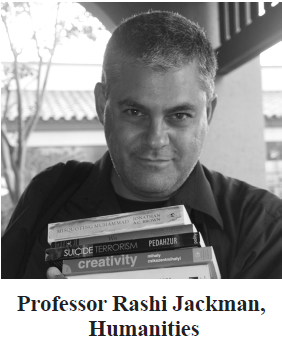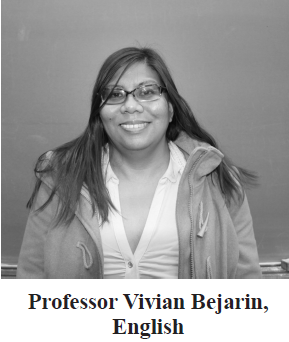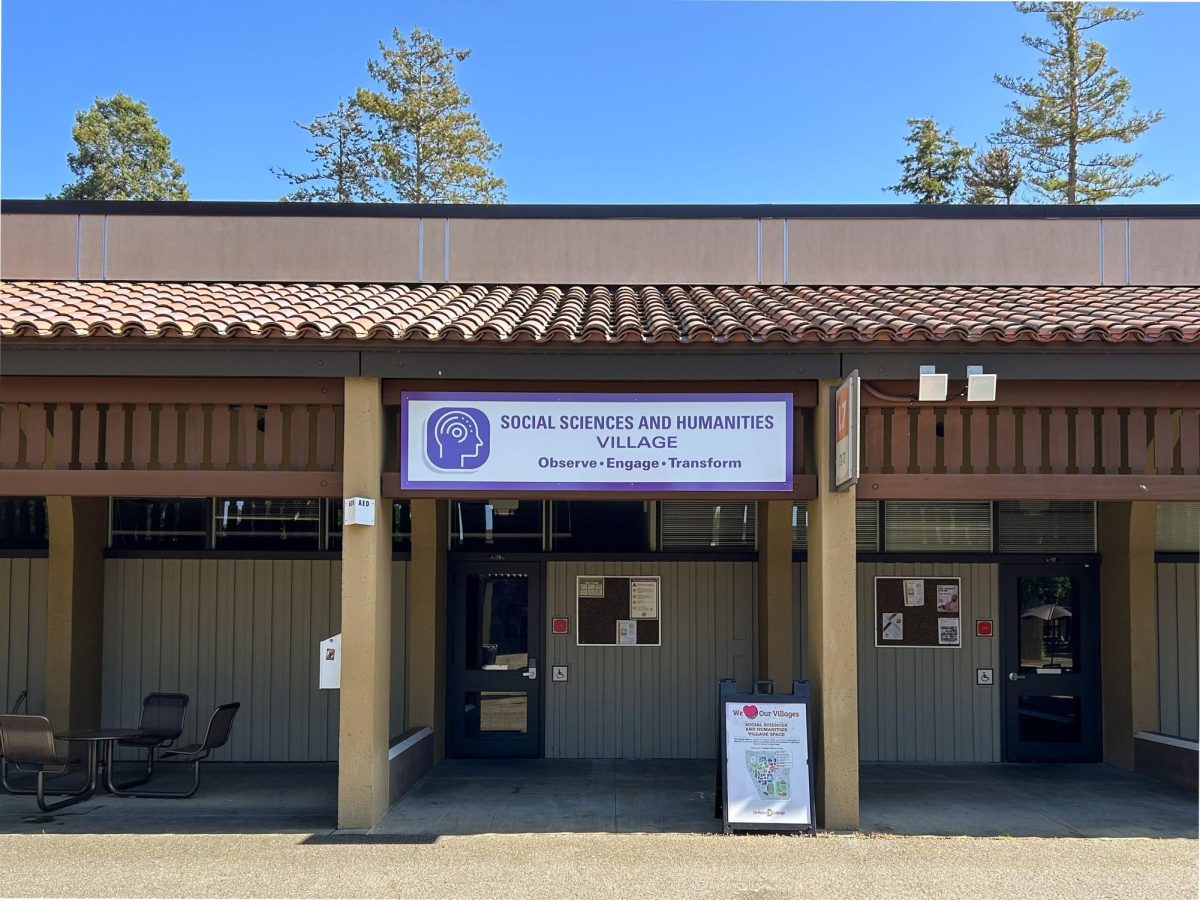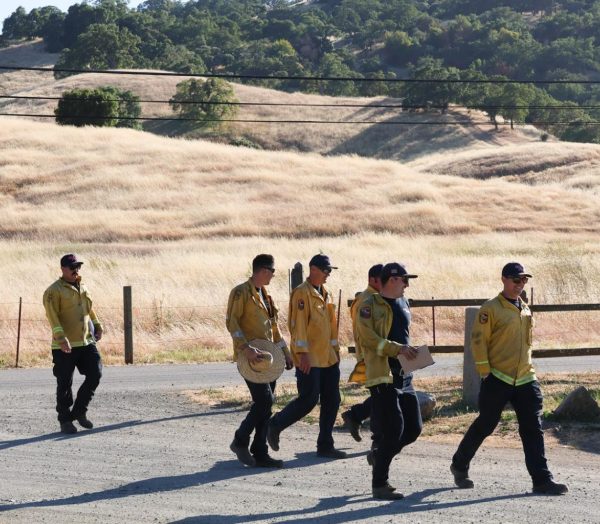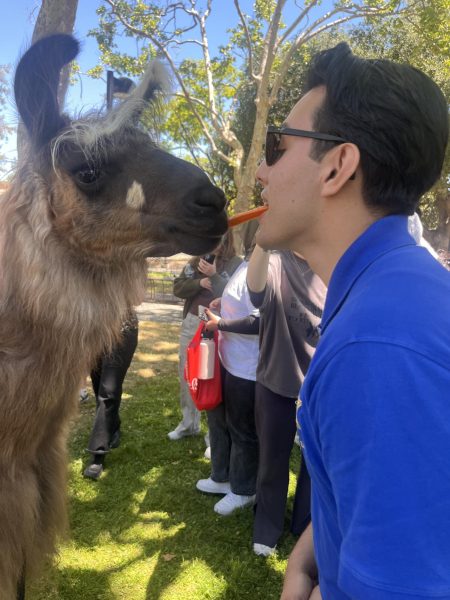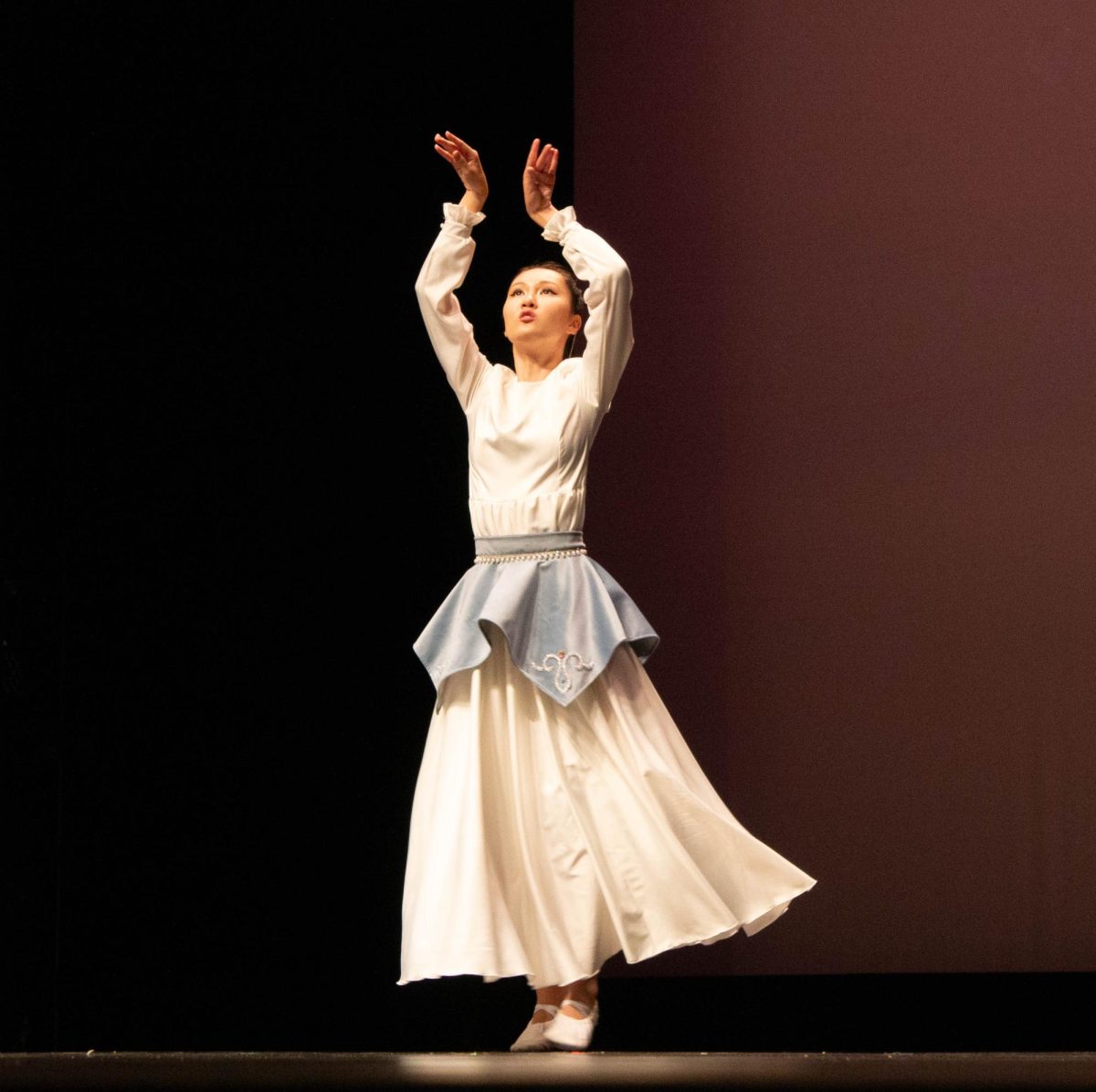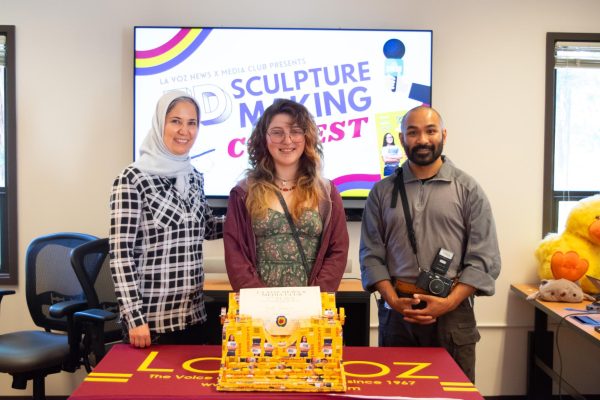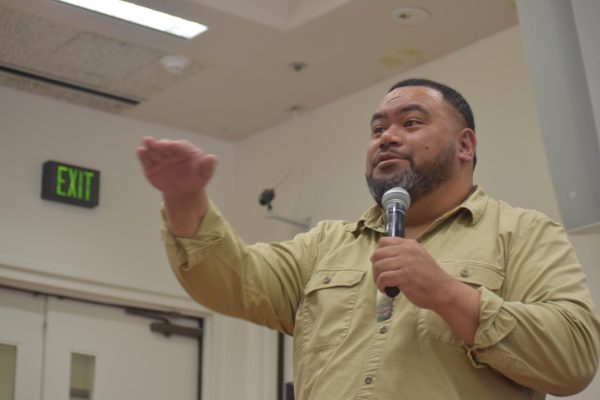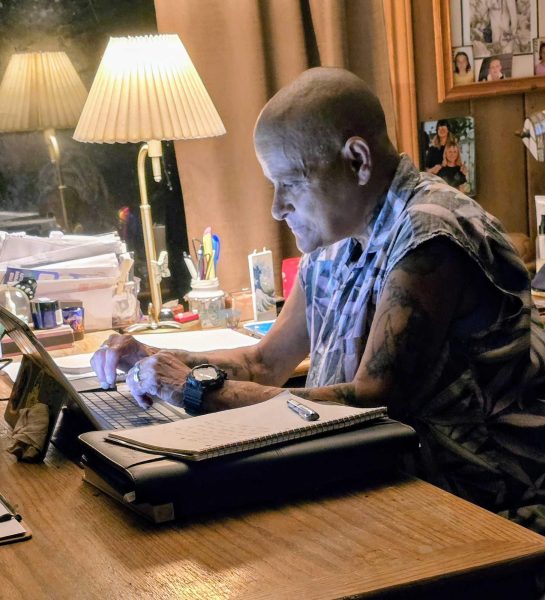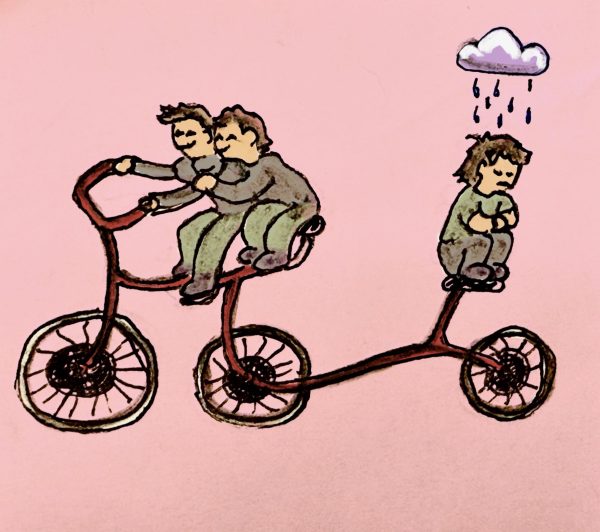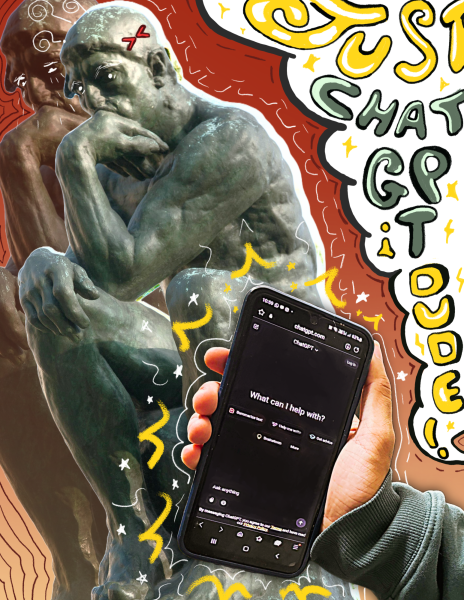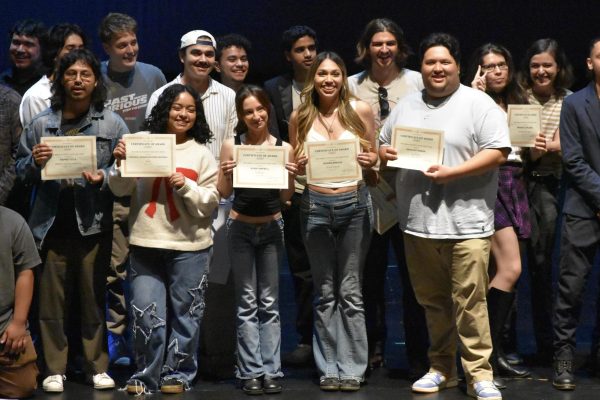DA Voices: How do you view Wikipedia’s use in academic research?
November 7, 2016
“I rarely used wikipedia when it was first developed, which was while I was a college student. To this day, I only used websites like I would IMDB. If I wanted to learn about a celebrity or if I wanted a watered-down summary of a term or topic, I searched for the info using Wikipedia.
“I’m still an old-school journalist who depends on credible sources, academic or otherwise. Although Wikipedia has somewhat improved in terms of establishing its credibility and contributing sources, I still see the website as a one-stop shop for our students, which doesn’t help develop their critical thinking skills to dig deeper and filter through to find who and what supports their views. Wikipedia is just a springboard to finding deeper understanding.”
“I grew up in an age where we had to go and use books for things. As the internet developed, most of the sources I used were academic sources; so things that were published by scholars. When I’m looking for things usually the richest material I find tends to still be from scholars, so that’s where I go first. I have never not been able to find what I was looking for with traditional sources.
“That being said, if I were looking for something contemporary that wasn’t scholarly like for instance where was Steve Jobs born? I’m sure that Wikipedia would be fine. But if I wanted to know the details of what happened when the council of Nicaea in 325 convened under Constantine I wouldn’t go to Wikipedia for it.
“Wikipedia is not reliable and I wouldn’t recommend it for academic research. The information on Wikipedia is not verified and is not necessarily posted by experts. Anyone can post material on this site.
“Also, some of the posts are old and outdated. I would just use Wikipedia to make myself familiar with a topic, it can provide some background information for someone who is planning to do a research.”



